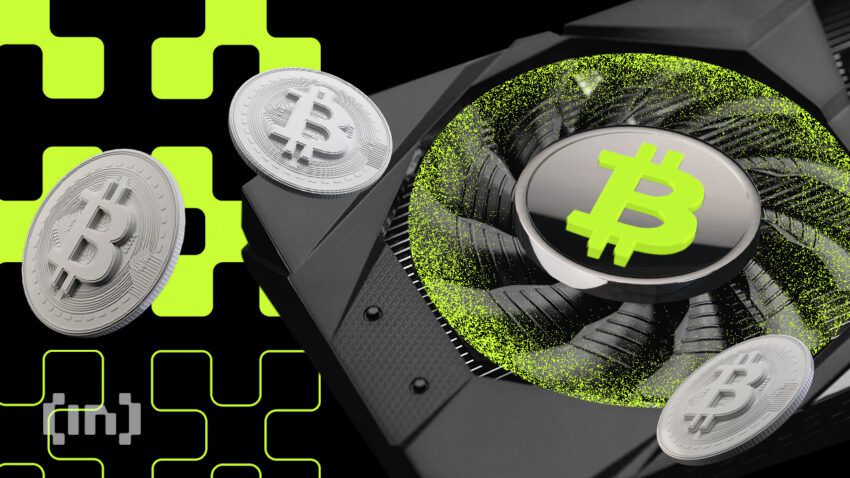Kenya looks set to up its Bitcoin mining hashrate as Block, Inc. and niche venture capital firm Stillmark invest $2 million in community-first company Gridless.
Gridless will build more mining facilities close to renewable energy facilities, prioritizing the electrification of the surrounding community before harnessing surplus power to secure the Bitcoin network.
Gridless Makes Electricity Generation Feasible
“Africa needs affordable electricity,” noted Gridless CEO Erik Hersman. “Our work in supporting renewable energy mini grid developers fills a gap, helping developers expand faster, be more sustainable, and serve thousands of households.”
The company builds and operates data centers in rural areas bereft of reliable electricity, partnering with crucial energy companies like hydroelectric specialists HydroBox to launch at least three live facilities, with plans to expand further into East Africa. Gridless’s partnership with HydroBox provides the energy producer with around-the-clock electricity to make energy generation feasible.
Gridless CEO Wants to Tap Africa’s Renewable Energy Potential
Without an anchor tenant, generating a return on investment becomes impossible, according to Gridless. A mining facility provides a minimum baseload against which power producers can plan.
Gridless can also tailor its power usage based on the community’s needs, with the possibility of introducing newer, more efficient mining computers. Mining is the process of securing the Bitcoin network by validating transactions based on specific consensus rules. Transactions are grouped into blocks. Miners must expend computing power to solve a puzzle and add transactions to the blockchain. The Bitcoin software then rewards them with new Bitcoin.

“Renewable energy is abundant on the continent. This presents an excellent potential for profits for both energy generators and miners as well as the ability to deliver a real positive impact on the communities where it is put to use,” said Hersman.
 beincrypto.com
beincrypto.com
